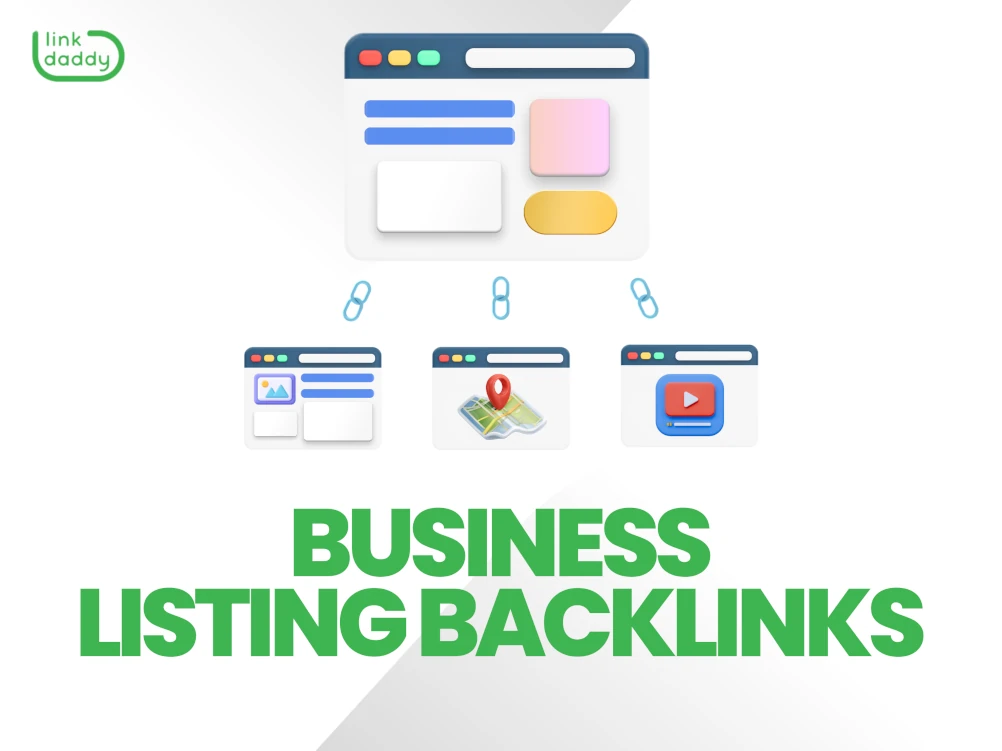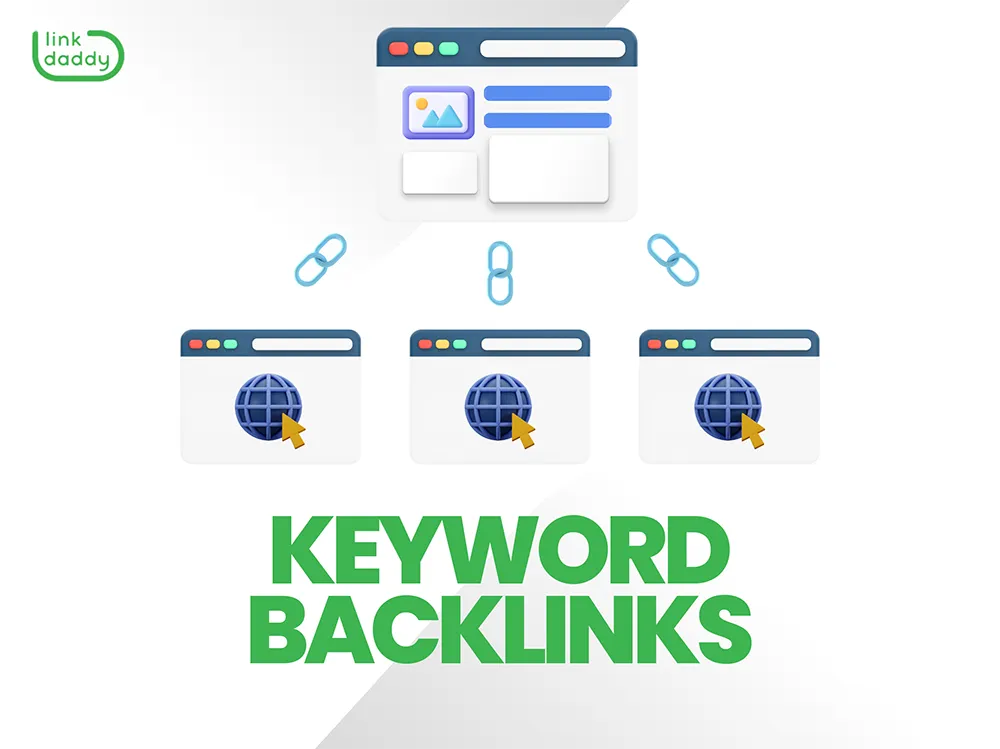Cloud Services for every single Organization: Performance and Technology
Wiki Article
Understanding the Various Kinds Of Cloud Services and Their Uses
In today's electronic landscape, the realm of cloud computing uses a varied array of services that satisfy the requirements of organizations and individuals alike. From Facilities as a Solution (IaaS) to Software as a Service (SaaS), each kind of cloud solution offers an unique purpose and offers unique benefits. Comprehending the distinctions between these various cloud designs is vital for maximizing procedures, boosting scalability, and making sure cost-efficiency in a progressively interconnected world. By exploring the nuanced functionalities and applications of each cloud service, one can navigate the intricacies of cloud computer with accuracy and foresight.Infrastructure as a Service (IaaS)
Framework as a Solution (IaaS) supplies individuals with virtualized computing sources over the net on a pay-as-you-go basis. This cloud computer version provides essential IT framework such as digital makers, storage space, and networking without the demand for organizations to buy and manage physical web servers and data centers. With IaaS, users can scale resources up or down based upon their demands, providing flexibility and cost-efficiency.Among the essential benefits of IaaS is its capacity to swiftly stipulation and deploy framework elements, enabling organizations to react quickly to transforming demands and market problems. By outsourcing infrastructure monitoring to the provider, organizations can concentrate extra on their core organization activities instead of managing the complexities of equipment maintenance and upgrades.
In addition, IaaS provides a high level of dependability and safety and security, with companies generally using robust data backup, calamity recovery, and cybersecurity actions. This helps make sure that crucial service procedures stay undisturbed and data stays protected against prospective threats. universal cloud Service. Generally, Framework as a Service enhances IT procedures, improves scalability, and decreases capital investment for companies of all sizes
System as a Solution (PaaS)
Building upon the foundation of Facilities as a Service (IaaS), Platform as a Service (PaaS) provides an extensive atmosphere for programmers to develop, release, and take care of applications without the intricacies of underlying framework administration. PaaS supplies a platform with devices and solutions that simplify the growth procedure, enabling developers to concentrate on composing code and building applications instead than managing framework worries.

Software Program as a Service (SaaS)
Software as a Solution (SaaS) changes the means businesses accessibility and utilize software application applications by offering them on a subscription basis via cloud providers. This cloud computer version eliminates the requirement for companies to install and preserve software program on individual gadgets, as every little thing is organized and managed centrally in the cloud.SaaS supplies a cost-effective solution for organizations as they only pay for the software application they make use of without the added expenses of hardware maintenance or software updates. It likewise uses scalability, allowing firms to easily adjust their software application demands based upon their needs.
Additionally, SaaS applications can be accessed from any type of device with a web connection, promoting partnership and flexibility amongst remote teams. Protection is a leading concern in SaaS, with suppliers implementing durable measures to safeguard data stored in the cloud.
Popular examples of SaaS include customer relationship management (CRM) software like Salesforce, productivity tools like Microsoft Office 365, and collaboration systems like Google Work space. SaaS remains to obtain grip in the organization globe as a result of its cost-efficiency, ease, and scalability.
Function as a Service (FaaS)
With the evolution of cloud solutions like Software program as a Solution (SaaS) improving software application delivery, Feature as a Solution (FaaS) represents a paradigm change in exactly how code is performed in a serverless environment. FaaS permits designers to write and implement private features or pieces of code in feedback to certain events without the demand to handle the infrastructure. This serverless computer design enables programmers to concentrate solely on creating code to execute specific capabilities, without concerning themselves with the underlying infrastructure or web server management.Functions are performed in stateless containers that are rotated up and down as needed, guaranteeing optimum source usage and cost-effectiveness. By extracting the framework layer, FaaS simplifies development, accelerates time to market, and improves total dexterity in deploying cloud-native applications.
Storage as a Service (STaaS)
A basic element in cloud computer, Storage space as a Solution (STaaS) offers customers with a effective and scalable remedy for managing data storage needs. STaaS permits companies to store and obtain information from remote web servers using the net, getting rid of the demand for on-premises equipment. This solution offers flexibility by allowing individuals to pay just for the storage space they use, making it a cost-effective solution for companies of all sizes.
STaaS is specifically beneficial for organizations with rising and fall storage space demands, as it provides a safe and secure and trusted storage solution without the demand for considerable upfront financial investments. By leveraging STaaS, organizations can simplify their information administration procedures, enhance ease of access, and boost data security in a cost-efficient way.

Final Thought
In verdict, recognizing the different types of cloud services and their uses is vital for organizations and people looking to take advantage of the advantages of cloud computer. By using the ideal cloud service, companies can boost their performance, scalability, and universal cloud Service versatility in managing their IT infrastructure and applications.From Infrastructure as a Service (IaaS) to Software Application as a Service (SaaS), each type of cloud service serves an unique purpose and provides unique advantages. linkdaddy cloud services press release. By discovering the nuanced functionalities and applications of each cloud service, one can browse the complexities of cloud computer with precision and insight
With the advancement of cloud services like Software as a Solution (SaaS) improving software shipment, Feature as a Service (FaaS) represents a standard change in exactly how code is performed in a serverless environment.In conclusion, recognizing the various types of cloud solutions and their usages is important for companies and individuals looking to leverage the advantages of cloud computing. By utilizing the appropriate cloud service, organizations can boost their effectiveness, scalability, and flexibility in handling their IT facilities and applications.
Report this wiki page